Publications
Articles, publications, books, tools and multimedia features from the U.S. Institute of Peace provide the latest news, analysis, research findings, practitioner guides and reports, all related to the conflict zones and issues that are at the center of the Institute’s work to prevent and reduce violent conflict.
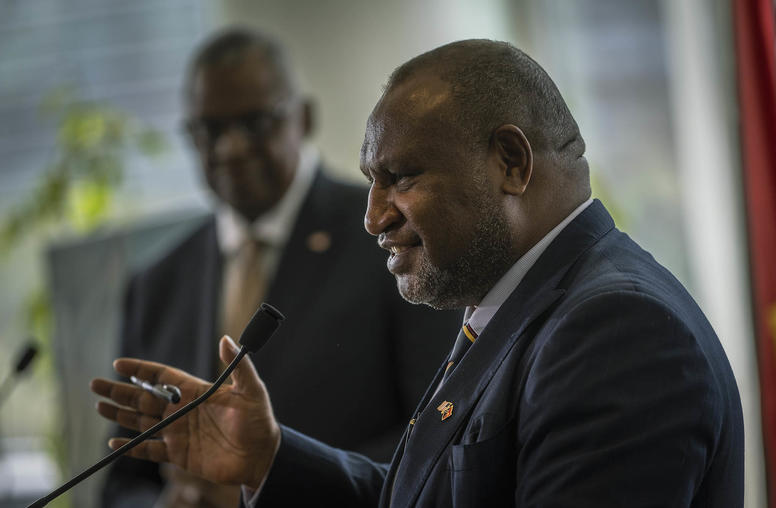
Riots in Papua New Guinea Are a Warning: Urgent Change is Needed
Riots erupted in Papua New Guinea's capital yesterday, laying bare the hollowness of governance that is failing to meet public needs, thus risking deeper violence and instability. U.S attention to the Pacific Islands' largest and most populous nation is increasing, partly because it is an arena for geopolitical competition with China. While Papua New Guinea's leaders are good at rolling out the red carpet for visiting partners, the state fails lamentably in providing basic services for its people. This week’s violence is a wake-up call for U.S and international policymakers to re-focus on this root of the country’s instability.
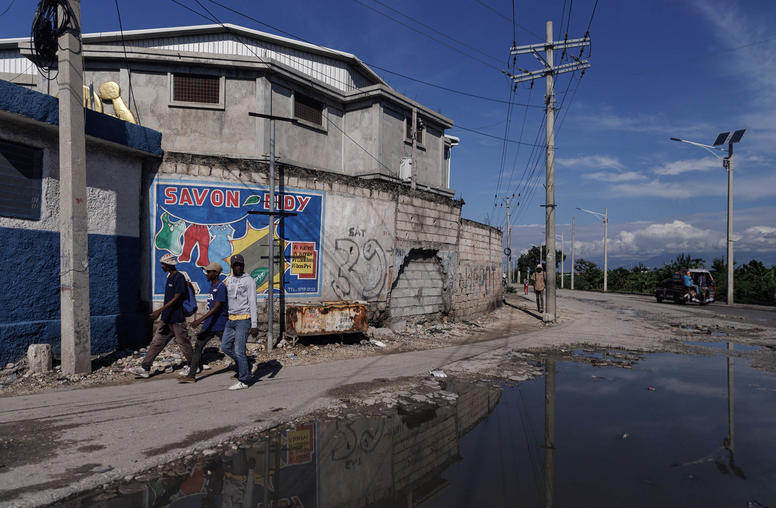
Les Haïtiens ont-ils enfin trouvé la formule pour avancer ?
Les gros titres d'Haïti ont été si mauvais pendant si longtemps que peu attirent plus l'attention du monde. Il semble que presque chaque jour, il y a des histoires de dizaines de personnes tuées dans la capitale du pays ou de la Garde côtière américaine empêchant des centaines de migrants haïtiens d'atteindre les côtes américaines. Ensuite, il y a les titres les plus inquiétants qui disent que la guerre ou même un massacre à la rwandaise s’approchent parmi les « conditions cauchemardesques » du pays. Avec la situation d'Haïti apparemment plus inextricable que jamais, certains observateurs se sont demandé si le monde est tout simplement fatigué d'essayer d'aider Mais à la fin de l'année dernière, un accord peu médiatisé a été forgé par les Haïtiens - injectant une lueur d'espoir que le pays pourrait emprunter un nouveau chemin.
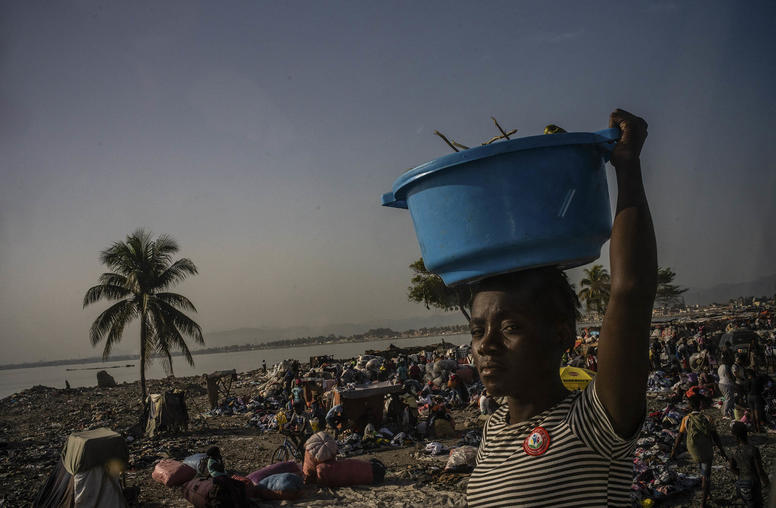
What’s the State of Play on the Global Fragility Act?
The White House’s recent release of 10-year stabilization and conflict prevention plans marks another milestone in U.S. efforts to implement the closely watched Global Fragility Act (GFA). The legislation received bipartisan support in the U.S. Congress before being signed into law by then President Donald Trump in 2019. It requires the U.S. government to develop a strategy for preventing the drivers of violent conflict and extremism, and to test a more coordinated, cost-effective and sustained U.S. approach in hot spots around the world.
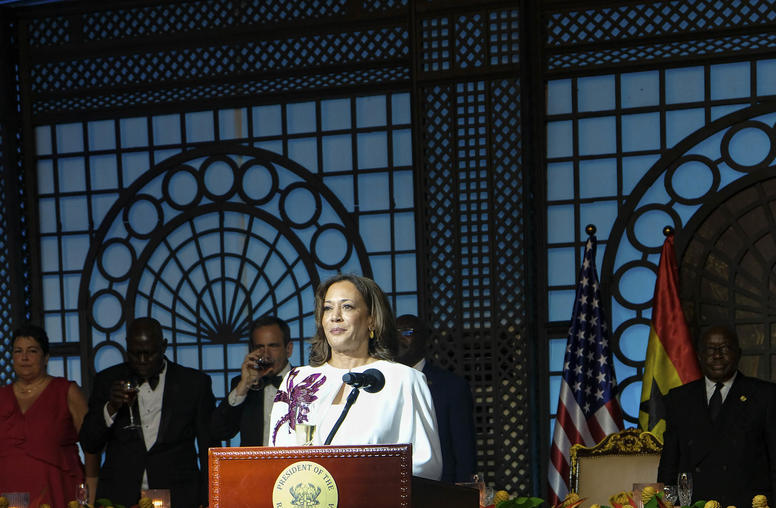
Vice President Harris Helps Focus on Ghana, West Africa
Vice President Kamala Harris’ choice of Ghana this week as the place to launch her show of U.S. commitment to a new partnership with Africa can be no surprise. Ghana is one of Africa’s more established democracies and is at the center of the coastal West Africa region that the United States has targeted for focused efforts to prevent instability and the spread of extremism that is driving insurgencies in the neighboring Sahel region. As Ghana confronts that threat, notably in its vulnerable north, its community and civil society groups form an essential resource that partners should support.
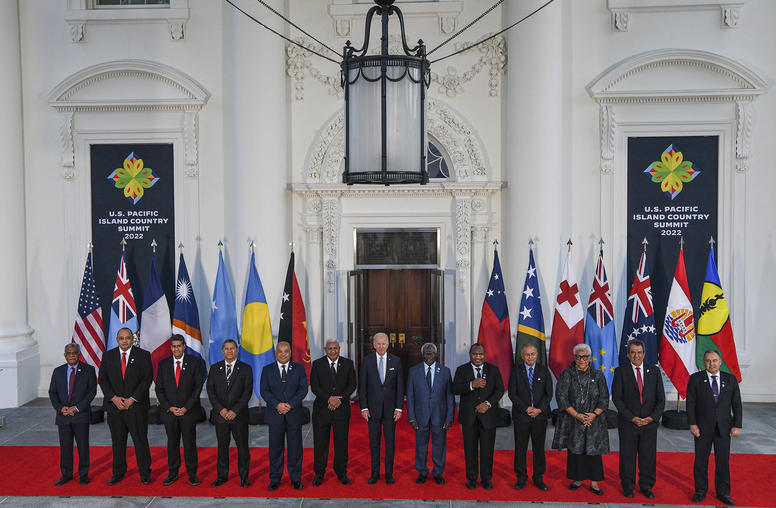
Six Months in, Where Does the U.S.’ Pacific Islands Strategy Stand?
In September 2022, the United States announced the Pacific Partnership Strategy, its first-ever roadmap for the region, amid increasing geopolitical competition between China and the United States and its partners. However, the strategy only makes one reference to Beijing — most of the text details how Washington will tackle the challenges that have been identified as priorities by the Pacific Island countries themselves, especially the climate crisis. This reflects the U.S. government’s understanding that, while some regional leaders have expressed their own concerns about China, Pacific Island countries want Washington to engage with them for their own sake, not just to counter Beijing.
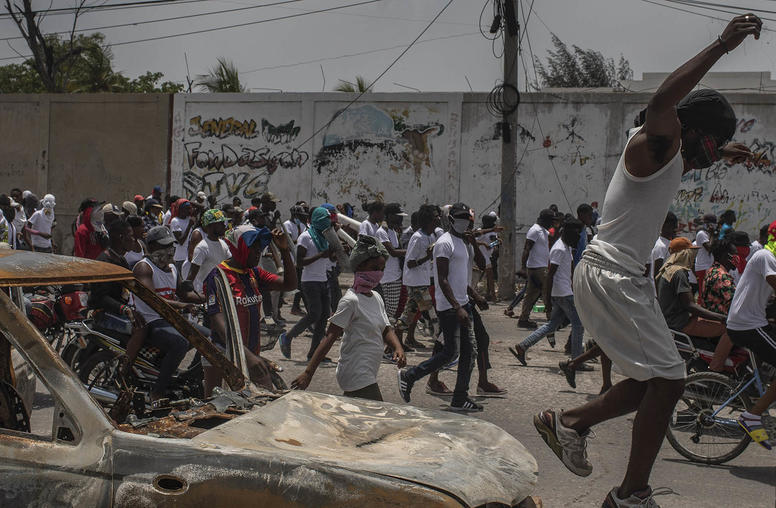
Comment sortir de l'impasse en Haïti
Après la série de crises liées à Haïti l'année dernière - un assassinat présidentiel, un tremblement de terre, une urgence migratoire a la frontière entre Mexique et des États-Unis et une consolidation dramatique de la violence des gangs - les décideurs internationaux ont été confrontés à la possibilité qu'Haïti se trouve dans les premières étapes d'une crise humanitaire à grande échelle. La nouvelle détérioration de la politique haïtienne au cours des premiers mois de 2022 n'a fait que confirmer que le pays a franchi cette sombre étape.

How to Break the Stalemate in Haiti
Following last year’s streak of Haiti-related crises — a presidential assassination, earthquake, a migrant emergency at the Mexico-U.S. border and a dramatic consolidation of gang violence — international policymakers were left grappling with the possibility that Haiti was in the initial stages of a full-scale humanitarian crisis. The further deterioration of the Haitian polity in the early months of 2022 has only confirmed that the country has passed that grim milestone.
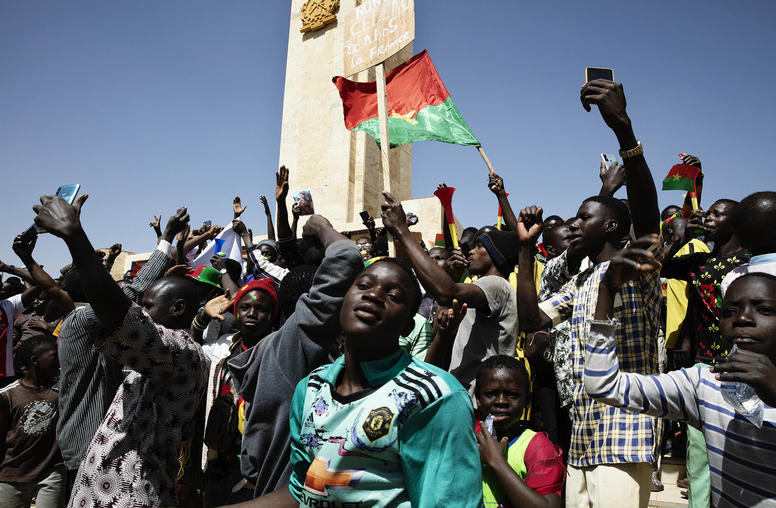
For Peace in Sahel, African and U.S. Experts Urge Focused Partnership
The past month has sharpened a decade-old question for U.S. and international policymakers: How best, in 2024, to help stabilize what is now the world’s largest single zone of military rule and violent conflicts — Africa’s Sahel region? After three military-ruled Sahel states withdrew from the West African regional community in January, those juntas last week proclaimed an alliance aimed at resisting international pressures, including those for their return to elected civilian rule. Former U.S. and African officials yesterday urged what they called vital changes in U.S. and allied policies to prevent a dangerous spread of the Sahel’s crises.

How ‘Traumatic Decarbonization’ Can Impact Political Stability and Peace
The process of decarbonization — that is, the replacement of fossil fuels with non-hydrocarbon-based forms of energy — is essential for the world to meet its climate goals. But in many fragile oil-producing states, hydrocarbon revenues are not just central to national economies. They also bind together the political system through elite revenue-sharing pacts. The rapid, unplanned decarbonization of these countries would spark political crisis, a process known as “traumatic decarbonization.”